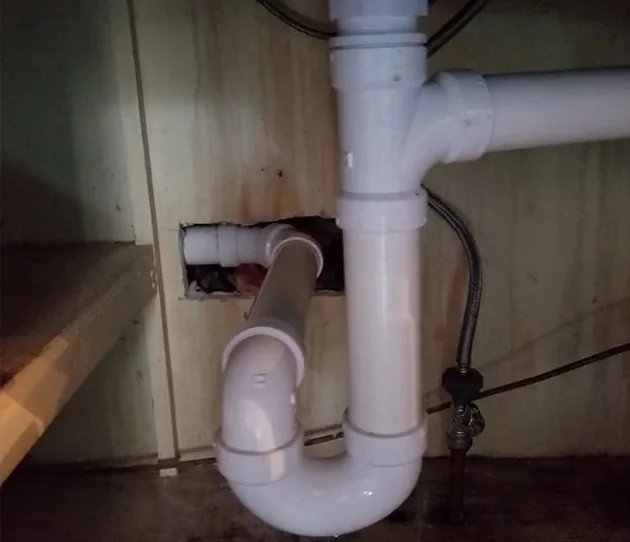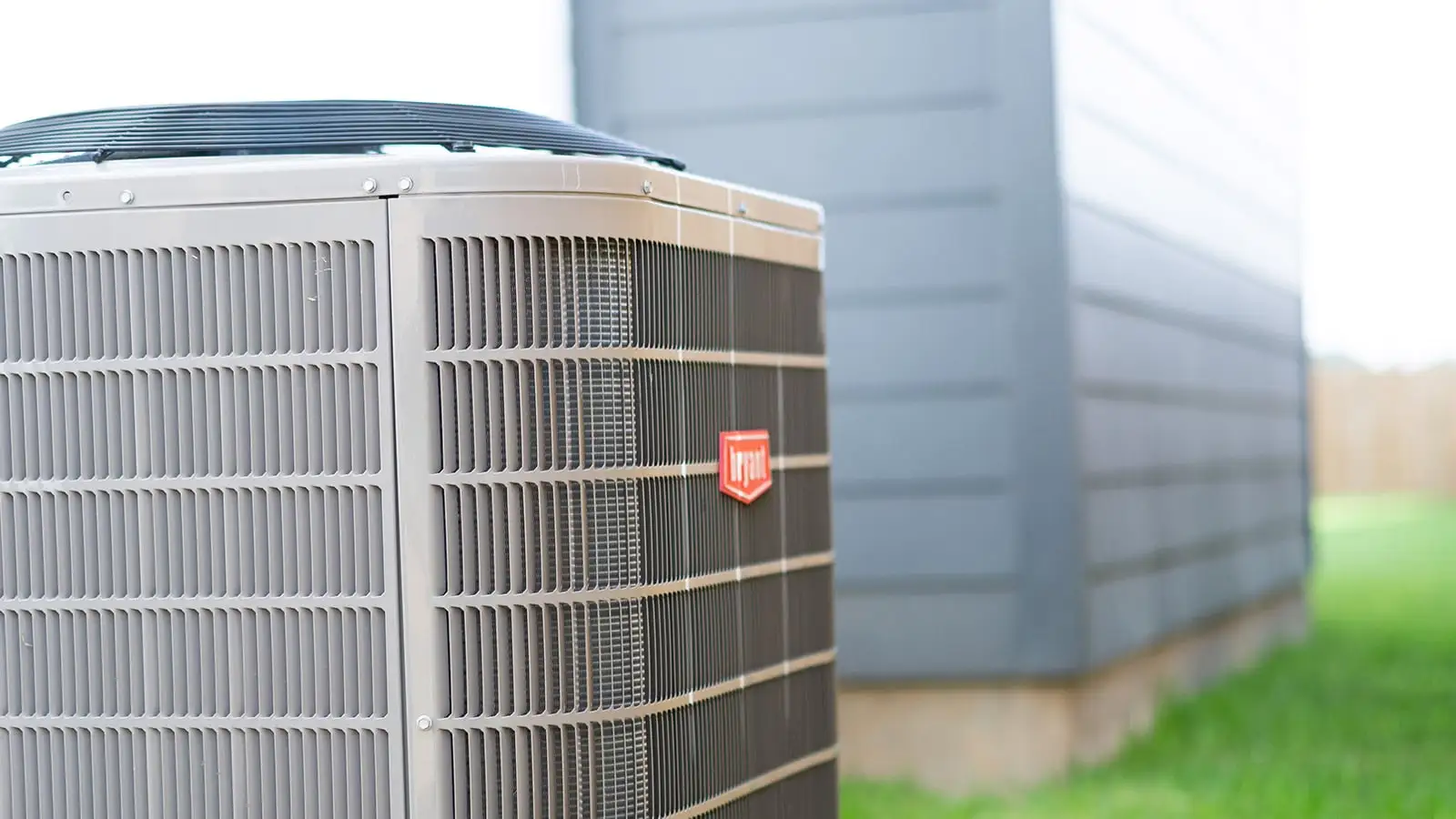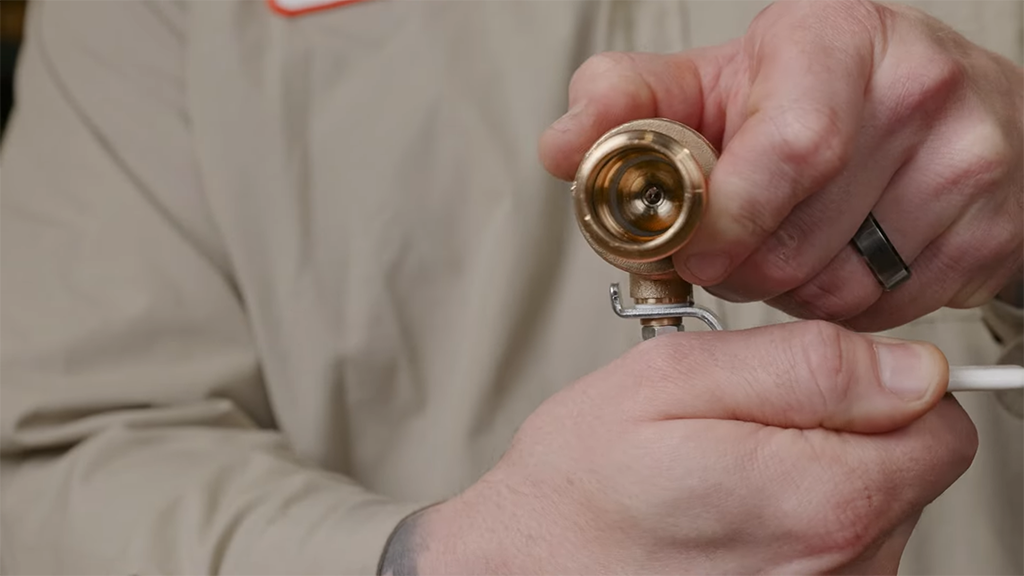As the seasons in New York shift, bringing with them the crisp air of fall and the brisk chill of winter, the reliability of our home heating systems becomes more crucial than ever.
In the heart of homes across Albany, the bustling streets of Rochester, and the serene landscapes of Western New York, lies a common but often overlooked hero: the boiler.
This vital component of our household comfort demands regular attention, yet its maintenance is frequently forgotten in the hustle of daily life.
Among the key practices for keeping your boiler in top condition is the process of flushing. While it might not be the most talked-about topic at your neighborhood barbecue, understanding the importance of flushing your boiler can save you from unexpected cold nights and costly repairs.
This article delves into the essentials of boiler maintenance, focusing on how often you should flush your boiler to ensure it runs efficiently and effectively, keeping your home cozy and warm, no matter what the Empire State weather throws your way.
Ideal Frequency of Flushing Your Boiler
Understanding the right time to flush your boiler is crucial for its efficiency and longevity. The process, while it might seem complex, is an integral part of home maintenance, especially in areas with demanding weather conditions like Albany, Rochester, and Western New York.
Annual Flushing as a Baseline
Generally, flushing your boiler once a year is a sound practice. This yearly maintenance aligns well with the onset of colder seasons, particularly crucial in regions where winters are severe. For instance, in Western New York, doing this task in early fall prepares your boiler for the heavy workload during winter.
Influencing Factors on Frequency
The need to flush your boiler can vary based on several factors. Water hardness plays a significant role; in many New York areas, hard water, rich in minerals, can lead to more frequent sediment buildup in your boiler. This necessitates more regular flushing. Additionally, the age and usage of your boiler are crucial considerations. Older or heavily used boilers might accumulate sediments more quickly, requiring more attention. It’s also important to consider the type of your boiler—combi, gas, or electric—as each may have different maintenance needs.
Keeping an Eye on Performance
Regularly monitoring your boiler’s performance is essential. Signs of reduced efficiency, like longer times to heat up or increased fuel consumption, often indicate a need for flushing. If you’re unsure about the state of your boiler, seeking a professional inspection can be a wise decision. A technician can evaluate sediment buildup and the overall health of your system.
The Importance of Regular Flushing
Adhering to an annual flushing schedule is a good starting point, but remember that each home and boiler system is unique. Local water quality, your specific usage patterns, and the type of boiler you have can all influence how often you need to flush your system. Regular flushing not only maintains efficiency but also prolongs the life of your boiler, ensuring it continues to provide warmth and comfort for many years.
In essence, while an annual flush is a good standard practice, the specific needs of your boiler might vary. Keeping in tune with its performance and the local environment will help ensure that your boiler remains a dependable source of heat in your home.
Signs That It’s Time to Flush Your Boiler
Recognizing when your boiler requires flushing is a vital skill for homeowners, especially for those less familiar with the intricacies of boiler maintenance. It’s about observing subtle changes and understanding what they signify for the health of your heating system.
Noises and Rumbles
One of the first signs you might notice is a change in the sound your boiler makes. If it begins to emit unusual noises, such as rumbling or clanging, it’s often a signal that sediment has built up. This sediment can create hotspots in the boiler, where water turns into steam rapidly, causing these unsettling sounds.
Inconsistent Heating and Hot Water Supply
If your home isn’t warming up as efficiently as it used to, or if the hot water supply from taps is erratic, your boiler might be crying out for a flush. Sediment and scale can hinder the smooth flow of water and heat distribution, leading to these inconsistencies.
Discoloration in Water
Another tell-tale sign is the appearance of discolored water. When you bleed your radiators or notice a rusty color in the water, it’s an indication that rust and debris are present in your boiler system. This discoloration is a clear sign that a flush is necessary to remove these impurities.
Boiler Cuts Off Frequently
A boiler that frequently shuts down or fails to maintain a steady operation might be struggling with internal blockages. This stop-start behavior can be due to the buildup of sediment interfering with the normal function of your boiler.
Increased Fuel Consumption
A frequently underestimated yet notable indicator entails a sudden surge in your utility expenses. If your boiler is working harder to heat your home due to internal blockages, it will consume more fuel, leading to higher costs.
Understanding the Signs
These signs are important indicators that your boiler needs attention. It’s not just about ensuring your home is comfortably heated; it’s also about safety and efficiency. Ignoring these signs can lead to more serious issues, like complete system breakdowns or, in worst-case scenarios, safety hazards.
Taking Action
Upon recognizing any of these indicators, it is prudent to take swift action. While some homeowners may feel confident to undertake a boiler flush themselves, for many, especially those less familiar with such tasks, seeking professional assistance is the safest route. A qualified technician can not only flush your boiler but also provide a thorough inspection to ensure its optimal operation.
In conclusion, staying vigilant and responsive to these signs is crucial in maintaining the health and efficiency of your boiler. Regular flushing, when these indicators arise, will keep your boiler running smoothly, ensuring a warm and safe home environment.
The Consequences of Not Flushing Your Boiler Regularly
Overlooking the regular flushing of your boiler doesn’t just diminish its efficiency; it sets the stage for a series of potential complications. These issues extend beyond mere inconvenience, posing threats to both the functionality of your heating system and, ultimately, your comfort and safety at home.
Diminished Efficiency and Performance
A boiler laden with sediment and scale loses its ability to heat your home effectively. This reduced efficiency means your living spaces may not get as warm as you’d like, or it may take significantly longer to reach the desired temperature. In essence, a neglected boiler works harder but accomplishes less, leading to discomfort during those chilly New York winters.
Spike in Energy Costs
When a boiler’s efficiency drops, it compensates by using more energy to achieve the same results. This increased consumption is not just an environmental concern; it also hits where you’ll feel it most – your wallet. Higher energy bills are often the silent but tangible consequence of a boiler in need of flushing.
Increased Wear and Tear
Sediment and scale buildup doesn’t just affect performance; it also accelerates the wear and tear on your boiler. This means parts of your boiler may need to be replaced sooner than they would have otherwise, leading to additional expenses and potential downtimes in heating.
Risk of Breakdowns and Repairs
The strain of operating with internal blockages can lead to more frequent breakdowns. These aren’t just inconvenient; they can be costly to repair, especially if they occur in the dead of winter when you need your heating the most.
Compromised Safety
Perhaps the most critical consequence is the risk to safety. Boilers, if not maintained properly, can become hazards. The risk of leaks, cracks, or even carbon monoxide emissions increases with poorly maintained systems, posing a direct threat to the safety of your home and family.
Long-Term Damage
In the long run, the cumulative effect of not flushing your boiler can be severe. A boiler’s lifespan is significantly shortened by continuous operation under these stressful conditions, potentially leading to the need for a full replacement much sooner than expected.
By understanding these consequences, homeowners can better appreciate the importance of regular boiler maintenance. Flushing your boiler is not just a routine chore; it’s a critical practice that safeguards the efficiency, reliability, and safety of your heating system. As we transition through the seasons in regions like Albany, Rochester, and Western New York, ensuring your boiler is well-maintained is key to enduring the cold comfortably and safely.
How to Flush Your Boiler
While flushing your boiler is a task that some homeowners may feel comfortable handling, it’s important to acknowledge that it can be complex. For individuals opting to tackle this endeavor, here’s a fundamental outline of the do-it-yourself approach. However, remember that seeking professional assistance, such as from experts like Reimer HVAC, is often the safest and most efficient approach.
DIY Method Overview:
Preparation: Begin by ensuring your boiler is turned off and completely cool. This step is vital for ensuring safety. Additionally, please remember to shut off the water supply to the boiler.
Attach Hoses: Locate the drain valve, usually situated at the lower part of the boiler. Connect a garden hose to this valve, making certain that the opposite end of the hose directs the water and sediment that will be flushed out either outdoors or into a sufficiently large bucket.
Draining the Boiler: Unlock the drain valve and permit the water to discharge. This water may contain sediment, so be prepared for potentially murky water. Continue draining until the water runs clean, signifying the removal of the majority of the sediment.
Refilling the Boiler: After the water runs clear, close the drain valve and detach the hose. Then, switch the water supply back on to replenish the boiler.
Restarting Your Boiler: After the boiler is refilled, you can turn it back on. It’s advisable to monitor the boiler closely for the next few hours to ensure it’s operating correctly.
Professional Assistance – The Recommended Approach:
Flushing your boiler involves handling hot water and dealing with mechanical components, which can be risky without proper knowledge and experience. This is why we advise seeking assistance from a professional service like Reimer HVAC. Experts from Reimer HVAC have the necessary skills, experience, and tools to perform this task safely and efficiently. They can also perform a thorough inspection to detect any underlying issues that may not be readily apparent to those without specialized training.
By opting for professional help, you not only ensure a thorough job but also protect your boiler’s warranty, which might be voided by DIY maintenance. Professionals like Reimer HVAC can also offer valuable advice on regular maintenance and tips specific to your boiler model and usage.
Securing Comfort and Safety with Expert Boiler Maintenance
In wrapping up our discussion on the vital role of boiler maintenance, it’s evident how crucial a well-functioning boiler is for ensuring a warm, comfortable, and safe home, particularly in the diverse climates of Albany, Western New York, and Rochester. Regular flushing and upkeep are essential, especially in these regions where dependable heating is not just a luxury, but a necessity.
Entrusting your boiler maintenance to Reimer HVAC means putting your heating system in the hands of seasoned experts. Our experience and specialized knowledge are tailored to meet the unique demands of boilers in these areas, guaranteeing that they operate efficiently and safely throughout the challenging colder months.
At Reimer HVAC, we are committed to providing exceptional boiler maintenance services. We recognize the vital significance of a dependable boiler, especially during the severe winters in New York. Our team is ready to handle everything from routine flushes to comprehensive boiler repairs, ensuring your boiler is in peak condition, as well as boiler installation or replacement.
As the colder season looms, the best strategy is a proactive approach to boiler maintenance. Avoid waiting until signs of trouble appear. Ensure uninterrupted warmth and peace of mind by contacting Reimer HVAC today at (716) 272-2371 to schedule your boiler maintenance. Let us help you maintain a cozy, efficient, and safe home, no matter the weather.





